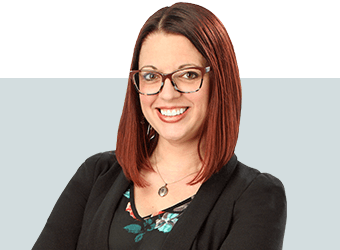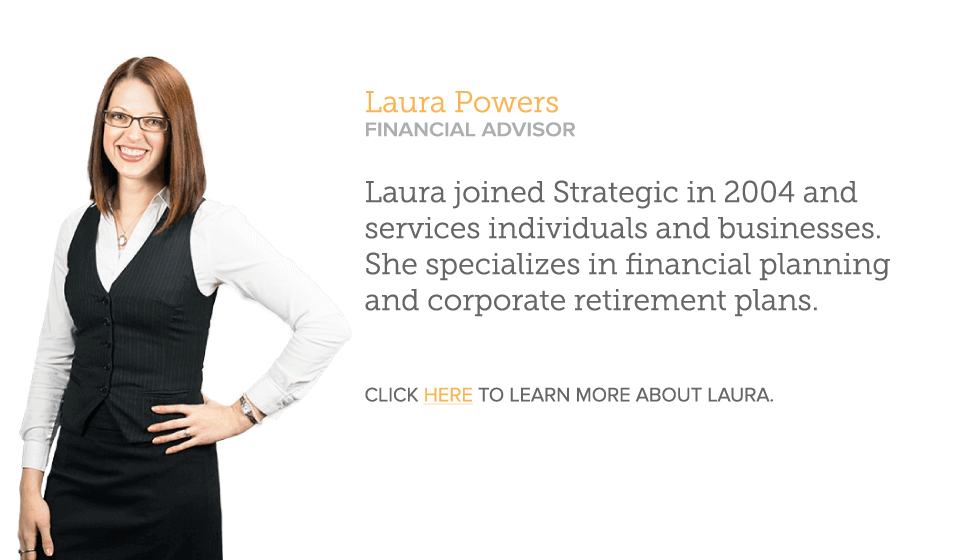Emergency vs. Irregular
It’s important to note the difference between true emergency expenses and those “life happens” irregular expenses. While we may feel that purchasing a new vehicle or planning a family vacation warrants our dipping into emergency funds, it is not the case in a disciplined budget. Items that are irregular but up to your discretion should be built into your monthly expenses as part of your overall spending plan.
How to Get Started… and How Much?
Once you have agreed that maintaining a true emergency fund makes sense, the big question, “How much should I have on reserve?” comes to mind. The answer to this is different for each of us, in that our income and expenses differ and our personal situations are unique. A conservative rule of thumb is to have approximately three months’ worth of current after-tax income on reserve if you rely on two sources of income, and six months’ worth if you only have one source. In order to more closely examine your specific needs, you will want to identify your monthly expenses in more detail.
The steps to establishing your emergency fund may begin with a small goal of $1,000, and building your reserves from there. We recommend establishing an automatic deposit directly from your payroll or bank account into your emergency fund each month. This is an easy way to systematically build up your cash reserves.
You want your emergency funds to be readily accessible in the event that you need to access your cash quickly and for that reason it is recommended that your emergency fund be held in a separate bank savings account. Another possible option would be depositing your emergency funds into a money market account or very short-term certificates of deposit with 3-6 month terms which keeps your money slightly out of reach but earning some interest for you along the way. Emergency funds should not be held in checking accounts for two reasons: 1) it is too easy to tap into during a non-emergency via check, ATM or bank debit card, and 2) the lack of growth opportunity on your dollars.
Do I have to?
It goes without saying that there are few absolutes in life and we are unable to predict exactly what lies around the corner for each of us and as boring as it sounds, establishing an emergency reserve is part of the foundation of any financial plan. Without this fund in place, we would be forced to increase debt, or use funds dedicated for other goals to pay for emergency expenses. Debt doesn’t go away, and dipping into retirement accounts for one-time expenses can be a major setback. Make establishing your emergency reserve a priority and you’ll be able to move on to other parts of your plan with greater peace of mind.
About Strategic
Founded in 1979, Strategic is a leading investment and wealth management firm managing and advising on client assets of over $2 billion.
OverviewDisclosures
Strategic Financial Services, Inc. is a SEC-registered investment advisor. The term “registered” does not imply a certain level of skill or training. “Registered” means the company has filed the necessary documentation to maintain registration as an investment advisor with the Securities and Exchange Commission.
The information contained on this site is for informational purposes and should not be considered investment advice or a recommendation of any particular security, strategy or investment product. Every client situation is different. Strategic manages customized portfolios that seek to properly reflect the particular risk and return objectives of each individual client. The discussion of any investments is for illustrative purposes only and there is no assurance that the adviser will make any investments with the same or similar characteristics as any investments presented. The investments identified and described do not represent all of the investments purchased or sold for client accounts. Any representative investments discussed were selected based on a number of factors including recent company news or earnings release. The reader should not assume that an investment identified was or will be profitable. All investments contain risk and may lose value. There is no assurance that any investments identified will remain in client accounts at the time you receive this document.
Some of the material presented is based upon forward-looking statements, information and opinions, including descriptions of anticipated market changes and expectations of future activity. Strategic Financial Services believes that such statements, information, and opinions are based upon reasonable estimates and assumptions. However, forward-looking statements, information and opinions are inherently uncertain and actual events or results may differ materially from those reflected in the forward-looking statements. Therefore, undue reliance should not be placed on such forward-looking statements, information and opinions.
No content on this website is intended to provide tax or legal advice. You are advised to seek advice on these matters from separately retained professionals.
All index returns, unless otherwise noted, are presented as price returns and have been obtained from Bloomberg. Indices are unmanaged and cannot be purchased directly by investors.

 Laura Powers
Laura Powers
